Canada continued a buying spree of new military aircraft on Tuesday with the announcement it’s acquiring 11 MQ-9 Reaper drones and all the associated gear from General Atomics for about $2 billion. The Reapers will be armed and will be used in military operations and to patrol the far reaches of Canada’s North, an important strategic area as part of its commitment to continental defense. They’re expected to deliver in 2028.
A few weeks ago, the Canadian government announced it was buying eight P-8 Poseidon long-range patrol aircraft to replace its long-serving fleet of CP-140 Auroras, a version of the U.S. Navy P-3 Orion. That acquisition was a political hot potato in Canada because Canadian-owned Bombardier lobbied hard to get the military version of its Global 7500 business jet in the race. Canada opted for a sole-source deal with Boeing, saying that because the P-8 is a mature design it presented the lowest risk to taxpayers.
Earlier this year, Canada bought a total of nine military versions of the A330-200. Five are low-time ex-airliners bought from a leasing company and are being converted into tankers and transports. Four will be bought from Airbus with the factory conversion to military configuration known as the MRTT. One of the planes has an executive interior and will be used part of the time for carrying the Prime Minister and other senior government officials. The A330s replace five Polaris tanker/transports, military versions of first-generation A310 airliners, some of the last of their type to be still flying.
In the summer, the RCAF ordered 88 F-35 fighters to replace its fleet of F/A-18 Hornets. The Hornets have been flying since the early 1980s and the politically fraught acquisition of replacements has been going on for almost 20 years. The fleet has become increasingly unreliable in recent years to the point where the RCAF bought 18 retired Hornets from Australia to get it through until new airplanes arrive. The F-35 deal is largest ever undertaken by Canada and the cost of the aircraft alone was $19 billion. The total program cost over the life of the fighters is expected to be four times that.
The RCAF is also revamping its pilot training program. Supply and maintenance of the aircraft and training facilities has been contracted out to a private partnership of KF Aerospace and CAE called SkyAlyne. Military instructors do most of the training. SkyAlyne will buy new aircraft for each of the various training streams. SkyAlyne is proposing that initial training be done on Grob 120TP turboprop singles while those selected to fly F-35s will do their advanced training on Pilatus PC-21 high-performance turboprops. Multi-engine pilots will train on King Air 260s and De Havilland Canada Q400s and future helicopter pilots will start on Airbus H135s.
Ten years ago the RCAF announced it was buying 16 Airbus C295s to use as search and rescue aircraft. Although the planes have been built and some have been delivered they have not been put into service. The Air Force has identified numerous deficiencies in performance and capabilities in the aircraft and has pushed back its entry to service to 2025. Some have suggested the entire $2.9 billion program will be scrapped.


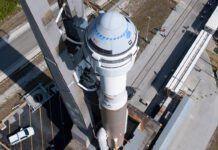
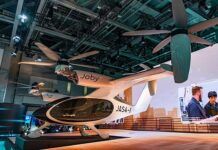


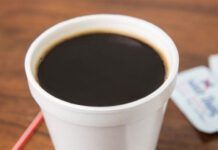




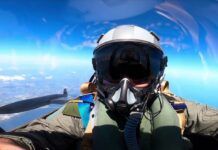

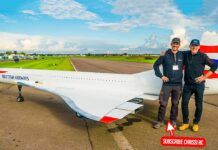

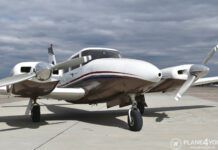







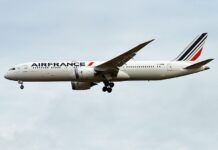


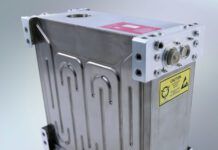

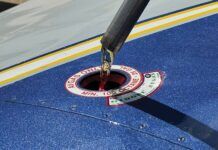




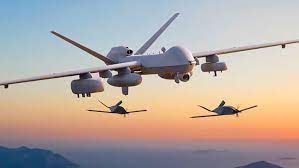
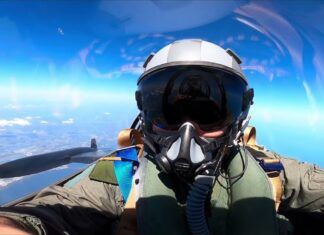
Is that a pair of Waiex kitplanes in the background?
That’s what I thought, after I rejected old Bonanzas.
My guess is a refueling drone.
Good job on a very comprehensive article Russ.
The US has an amphibious P-8 they might be willing to sell at a good price. Lotta water in Canada…
Sonex Aerospace does produce the Waiex as a drone as well as a couple of variants to the Waiex.
The RCAF is actually getting the MQ-9B SkyGuardian which is a significant upgrade from the Reaper. It’s the same version the RAF and other European Air Force are also getting. The C295 procurement has been an absolute disaster from the beginning, worse than people would believe and also much more expensive than other much better offerings like the C27 or C130J.